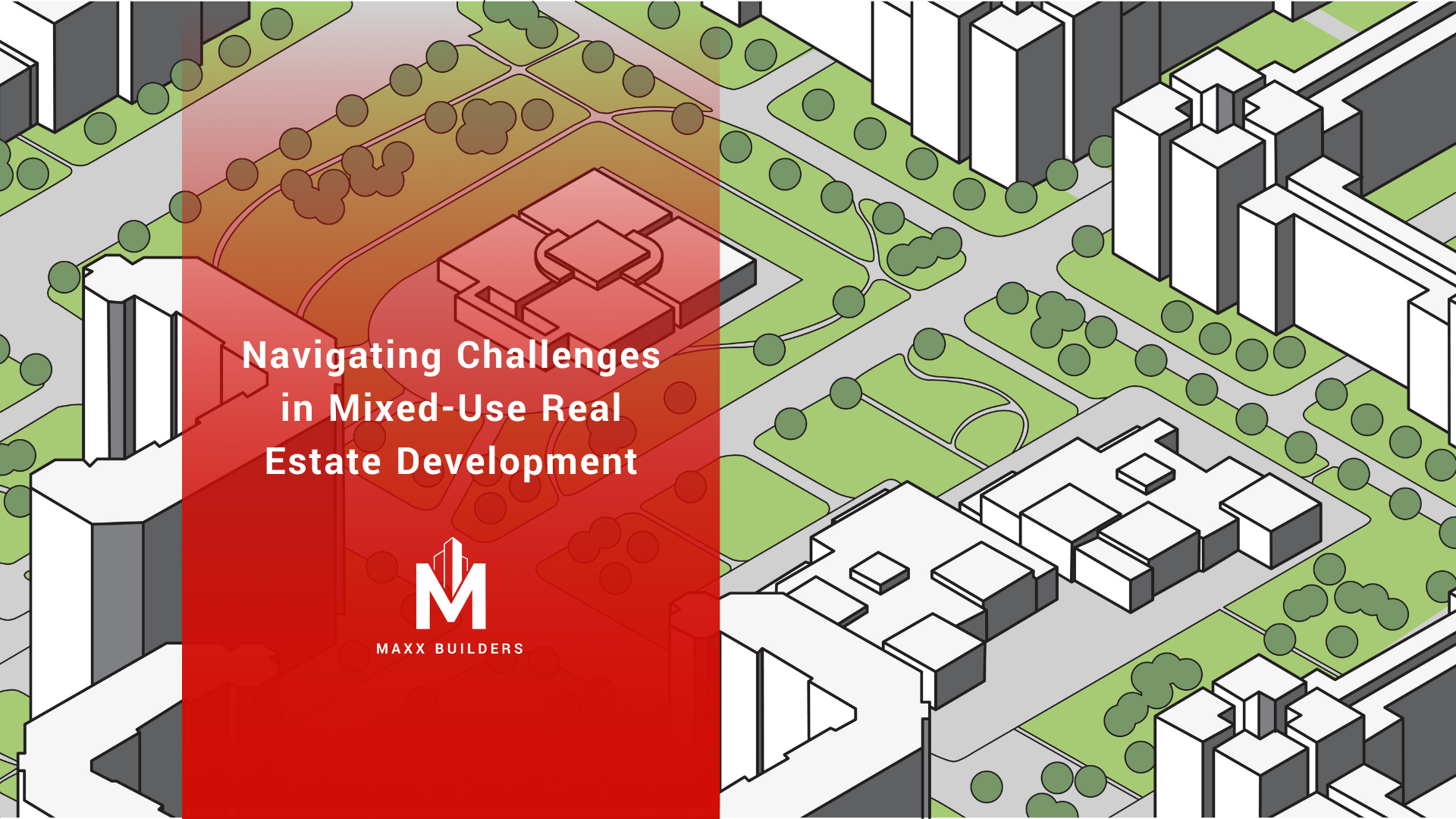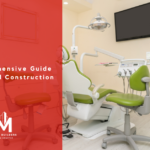As commercial real estate developers, you are likely aware of the increasing popularity of mixed-use developments. These projects, which combine residential, commercial, and often retail spaces within a single development, offer numerous advantages. They create vibrant, walkable communities, enhance property values, and diversify revenue streams. However, planning and executing successful mixed-use developments come with their own set of challenges and considerations. In this article, we’ll explore these challenges and provide insights on how to navigate them effectively.
1. Zoning and Regulatory Hurdles
Challenge: One of the primary challenges in mixed-use development is navigating complex zoning regulations. Many municipalities have strict zoning codes that may not readily accommodate mixed-use projects.
Consideration: Engage with local authorities early in the planning process. Seek zoning changes or variances if needed and be prepared to make a compelling case for the benefits of mixed-use developments, such as increased tax revenue and improved urban vitality.
2. Balance of Uses
Challenge: Achieving the right balance between residential, commercial, and retail components can be challenging. Overemphasis on one type of use may lead to underutilized spaces or a mismatch with the community’s needs.
Consideration: Conduct thorough market research to understand the demand for each use. Consider flexible zoning that allows for adjustments based on market conditions and community feedback.
3. Infrastructure and Transportation
Challenge: Mixed-use developments can strain existing infrastructure and transportation systems. Increased density may lead to traffic congestion and higher demands on utilities.
Consideration: Invest in transportation solutions, such as public transit access, bike lanes, and pedestrian-friendly amenities. Collaborate with local authorities to address infrastructure needs proactively.
4. Design and Aesthetics
Challenge: Maintaining a cohesive and aesthetically pleasing design across different uses and architectural styles can be challenging.
Consideration: Hire experienced architects and urban planners who specialize in mixed-use projects. Focus on creating a cohesive design vision that integrates all components seamlessly.
5. Parking and Accessibility
Challenge: Providing adequate parking for residents, shoppers, and office tenants can be a logistical challenge, particularly in urban areas.
Consideration: Explore innovative parking solutions like shared parking, valet services, or promoting alternative transportation options to reduce parking demand.
6. Community Engagement
Challenge: Mixed-use developments often face resistance from local communities concerned about increased density and changes to the neighborhood’s character.
Consideration: Engage in transparent and open communication with the community. Host public meetings to gather input and address concerns, showcasing the benefits of mixed-use developments, such as improved local amenities and job opportunities.
7. Financing and ROI
Challenge: Securing financing for mixed-use developments can be complex due to the diverse revenue streams and longer development timelines.
Consideration: Work closely with financial experts who understand the intricacies of mixed-use financing. Create a detailed business plan and consider phased development to mitigate risk.
8. Property Management
Challenge: Managing diverse types of properties within a mixed-use development requires specialized expertise.
Consideration: Consider hiring a professional property management company with experience in mixed-use projects. They can efficiently oversee different aspects of the development.
Conclusion
While mixed-use developments offer numerous benefits, addressing the challenges and considerations outlined above is crucial for success. Engaging with local authorities, conducting market research, and fostering community support are essential steps in navigating the complexities of mixed-use projects. With careful planning and a comprehensive approach, you can create vibrant, sustainable mixed-use developments that contribute positively to your portfolio and the communities they serve.




